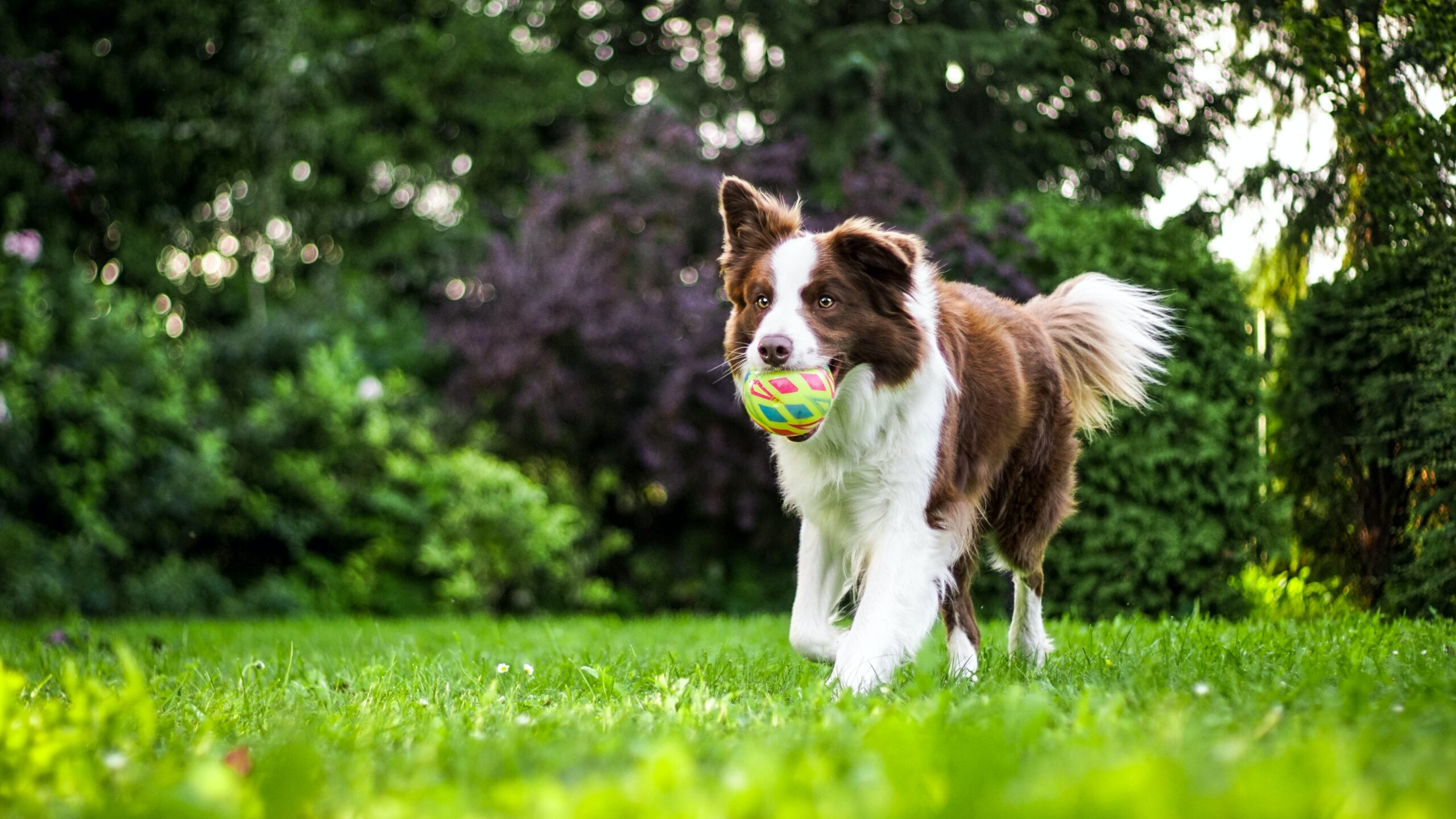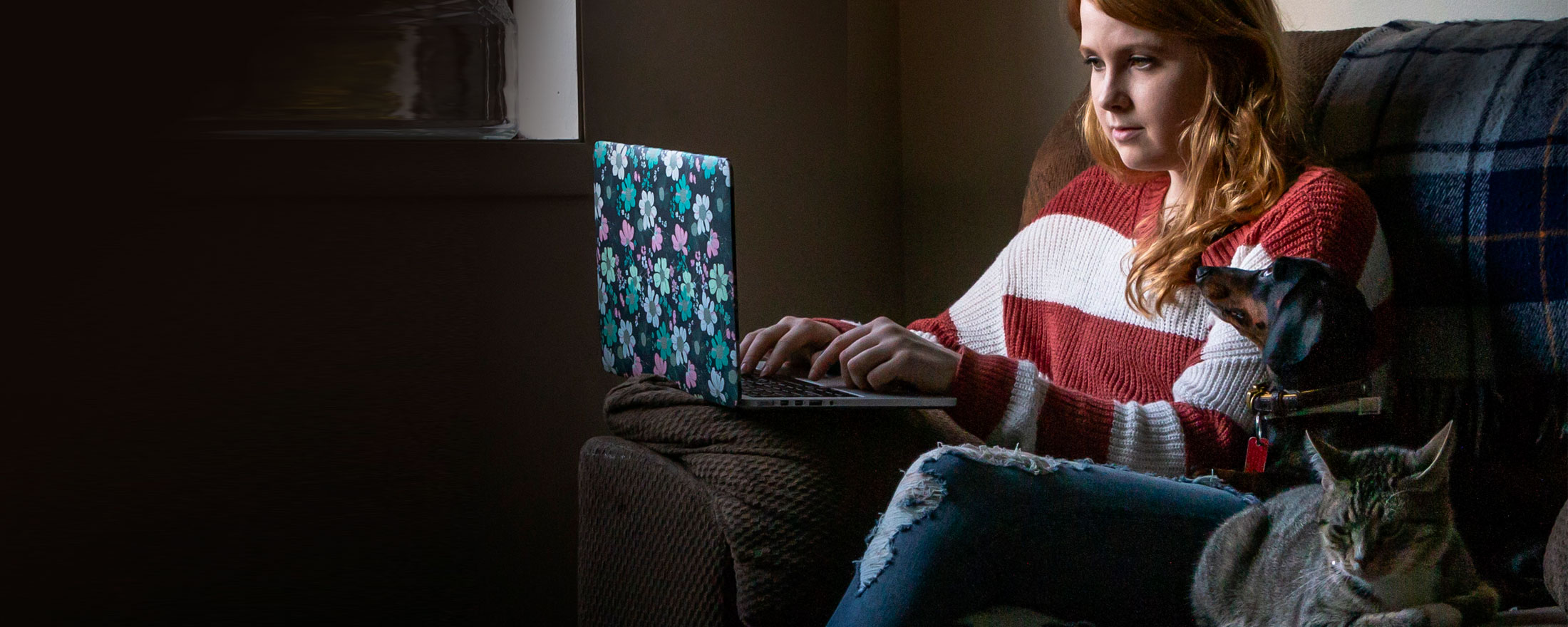
16 Feb Taking Care of a Dog or Cat After Jaw Surgery
Jaw fractures can occur in a split second and are always traumatic for both the pet and the pet owner. Most commonly, jaw fractures occur due to trauma or result from periodontal disease. Common traumatic events include vehicular trauma or an altercation with another dog. Jaw fractures resulting from periodontal disease are due to severe bone loss around a tooth. This bone loss weakens the jaw and leads to fracture when the patient does something as simple as jumping off a piece of furniture or biting down on a piece of kibble.
Regardless of the cause, jaw fractures are extremely traumatizing for everyone involved.
Treating Jaw Fractures in Pets
The goal of fracture repair is to create a functional reduction and alignment of the fracture using rigid fixation to obtain a bony union across the fracture. The treatment goal is to restore a normal occlusion (bite) for the patient and maintain a healthy dentition—preventing damage to the remaining teeth during the fracture repair when possible. Our primary concern is always focused on our patient’s quality of life.
Jaw Surgery Aftercare for Dogs and Cats
It is important to remember that fracture repair is only one part of the care needed while the fracture is healing. At Animal Dental Care and Oral Surgery, we send home detailed home-care instructions for your pet. And we spend as much time as needed discussing the care of your pet after jaw surgery. We discuss how to feed your pet, medications, care of any intraoral splints, and recommended activity for your pet. We are always available to answer questions and discuss progress at home in between all recheck appointments.
Feeding Care & Instructions
We want our patients to eat a soft diet while their jaw fracture is healing. Chomping down on hard kibble, chew toys or other treats results in increased forces by the muscles used to move the jaws. These increased forces apply stress to the fracture sites. They can lead to displacement or movement of the fracture or cause breakage of the oral splint or wires used to stabilize the fracture. Mobility of a fracture site while it is healing slows and disrupts the healing process. Additionally, we do not want your pet chewing on any toys for the same reasons we do not want them eating hard kibble.
Some patients with jaw fractures need a feeding tube in which a liquified diet can then be administered with a syringe. Feeding tubes often sound intimidating or extreme to many pet owners. However, most pets tolerate feeding tubes very well. Depending on the situation, a feeding tube may only need to be used for a few days during the initial healing phase to ensure the patient will eat enough. Feeding tubes are also a great way to be able to medicate your pet while they are healing. Any time we place a feeding tube in a patient, we spend as much time as needed discussing and demonstrating how to use it, care for it and what to monitor.
We give specific instructions regarding mixing up food to be used and how much to feed. Once the feeding tube is no longer needed, it is removed.
Activity & Exercise
While your pet is healing from a jaw fracture, it is essential to limit activity. Just like chewing on hard kibble, any activities like running, jumping, or playing can cause undue stress on the fracture site, which can disrupt healing. Movement and exercise are important, however, we recommend entirely limiting any high-impact activities.
We encourage all activities to be on the leash. Daily leash walks are a great way to get your pet out for fresh air and exercise. Even when it’s time for your pet to “go outside,” we want you to keep them on the leash. Home care after a jaw fracture is challenging, but ultimately, it is only a blip in time, and the faster things heal, the quicker you can get back out and recreate.
Vet Dentists in Colorado
At Animal Dental Care and Oral Surgery, our goal is to provide the best treatment for your pet and provide you with the tools necessary to give the best care to your dog or cat after jaw surgery. We are always available to answer questions and discuss all concerns you have regarding your pet. We are happy to schedule recheck appointments if you have any troubles or concerns with your pet once home. We strive to provide the best care possible to ensure a speedy recovery, so you can get back out doing the things you love with your furry friend! If you are looking for a vet dentist in Colorado, we have three convenient locations in Colorado Springs, Loveland, and Castle Rock.
Photo by Anna Dudkova on Unsplash (2/16/2021)

